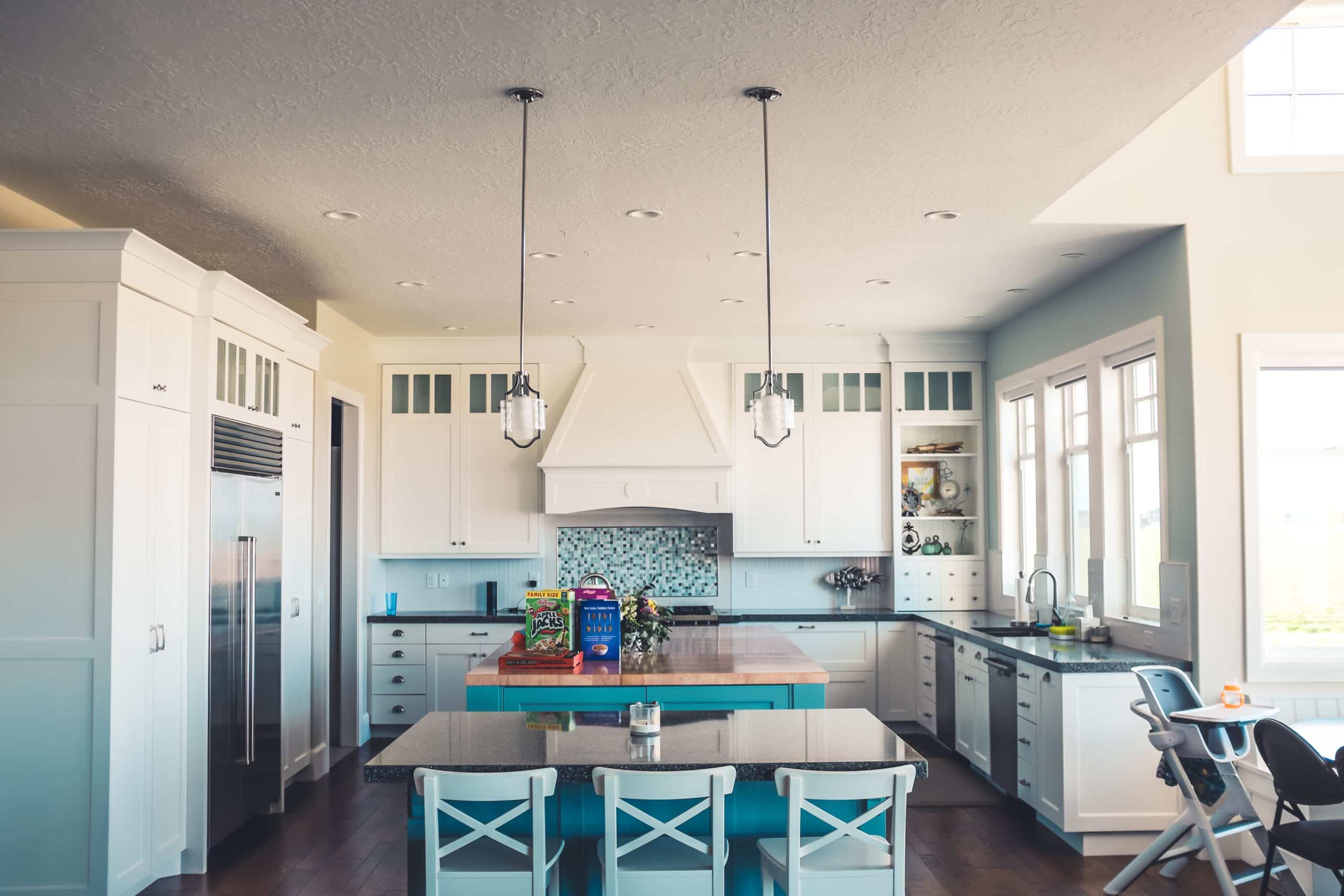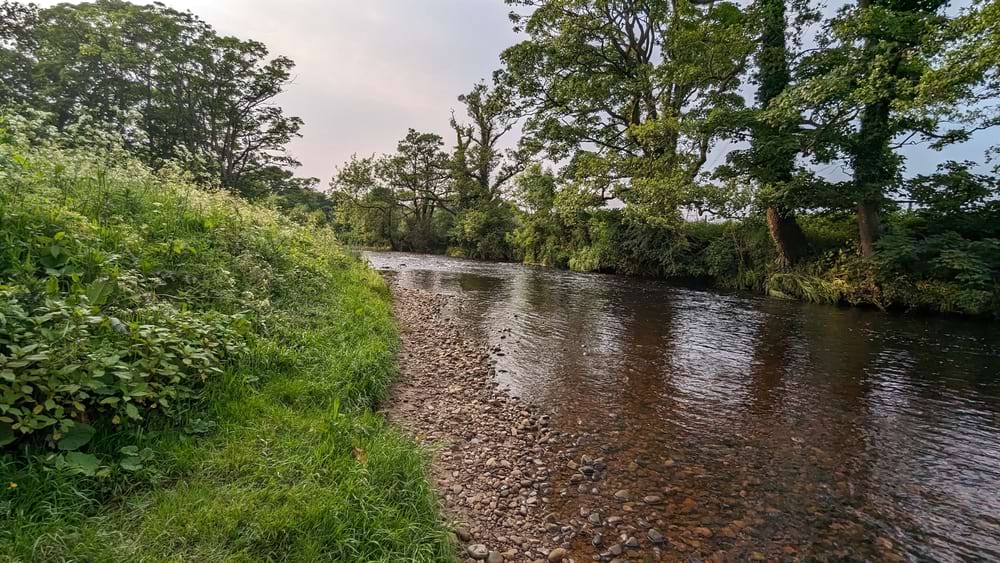Getting on the property ladder as a first-time buyer feels almost impossible for many young people today. House prices have skyrocketed compared to incomes over the past decade. Raising enough savings for a deposit often takes half a decade or more. Mortgage lending rules are stricter, too, preventing buyers from accessing finance as quickly as previous generations did.
But while the property market looks bleak for those trying to step onto the housing ladder, there are signs that conditions could improve in the coming years. Analysts forecast house price growth will slow as the Bank of England raises interest rates to curb inflation. More homes in the pipeline and an anticipated recession also look set to dampen rampant buyer demand. This blog explores today’s buyers’ key challenges, the steps they can take to climb the ladder, and whether the market may become more affordable over the next five years.
What is the average age to move out in the UK?
The average age for a first-time buyer in the UK has risen steadily over the past decade. In the 1960s and 1970s, people typically moved out and bought their first home in their early to mid-20s. Fast forward to today, and the average first-time buyer is aged 33. In London, the average age is even higher at 35.
Several factors explain this shift to buying property later in life. House prices have increased much quicker than wages, making saving for a deposit difficult. Tighter mortgage lending criteria since the 2008 financial crisis also mean buyers need more extensive deposits. This prevents young people from entering the housing ladder in their 20s like previous generations did.
Additionally, more young adults attend university and face repaying student loans after graduating. Other outgoings like mobile phone contracts, streaming services, and travel also eat into the amount they can save each month. Renting is also more embedded in society, meaning people do not feel the same pressure to buy as early as their parents may have done.
How much does the average 1-bedroom flat cost in different parts of the UK?
There is significant regional variation in house prices across the UK. This means the cost of a typical starter home, like a 1-bedroom flat, vastly differs depending on location.
In England, prices are highest in London, where the average 1-bedroom property costs around £380,000. Moving to the South East and South West, you would pay roughly £220,000 and £180,000 respectively. Heading north, 1-bedroom flats in the East Midlands average £140,000, with the North West at £120,000. In the North East, they dip below six figures to around £95,000 on average.
Edinburgh is the priciest location in Scotland, with 1-bed flats averaging £155,000. Glasgow and other parts of the country are more affordable at approximately £100,000. Average prices in Wales stand just under £120,000, while in Northern Ireland, they are cheapest at around £105,000.
So, while tiny starter homes in the capital cost nearly four times those in Northern Ireland, there is decent regional variation. Leaving London and the South East does open up cheaper areas for first-time buyers. The trade-off is potentially fewer job opportunities and infrastructure.
Why are houses so hard to afford for first-time buyers?
There are several reasons why getting on the property ladder today is so difficult compared to 20 or 30 years ago:
Deposit saving is tougher
The average first-time buyer deposit is over £60,000 – which takes 5-6 years to save up. Wages have not kept pace with rising house prices over the past decade. Tighter lending criteria also mean you typically need a 20% deposit to get the best mortgage rates. Saving up while paying rent and other living costs is exceptionally challenging.
Mortgages are constrained
Since the 2008 financial crash, lenders have tightened their affordability criteria. This means buyers need more considerable deposits, and mortgages at higher multiples of salaries are limited. Getting a mortgage over 4.5x your income is rare. Historically, buyers could access mortgages over 5x income more efficiently.
Lack of housing supply
There needs to be more housing in the UK, especially in areas with the most robust employment growth. Until more affordable homes are built, demand will continue exceeding supply. This maintains upward pressure on house prices.
What can a first-time buyer do to get on the property ladder?
Despite the challenges, there are still actions you can take as a first-time buyer to get on the ladder:
Consider relocating
While not always easy if you have an established job, moving to a cheaper part of the country significantly cuts property prices. Areas in the North West, Wales and North East are the most affordable for first homes.
Look at alternative options
A flat could work if you need more space, but houses are too expensive. Park homes, houseboats and converted properties also sometimes fall into lower council tax brackets. Getting creative with living spaces unlocks cheaper options.
Make use of government schemes
Help to Buy equity loans see the government lend up to 20% of a property’s value to use as a deposit. First Homes are sold to first-time buyers with 30-50% discounts on market prices. Shared ownership lets buyers purchase 25-75% of a home and pay subsidised rent on the rest. Region-specific schemes like Help to Buy Wales also exist. Making use of these government-backed programmes improves affordability.
Buy with family or friends
Joint mortgages split buying costs between multiple borrowers. Whether pairing up with a partner, siblings or even parents, distributing the deposit load can make homeownership achievable sooner. It does require trust and legal paperwork on ownership percentages. But for many younger buyers, buying together unlocks affordability.
Improve money management
Review spending to cut discretionary outgoings where possible. Track finances to accelerate savings goals using money apps. Consider side hustles for extra income, too. First-time buying inevitably involves sacrifices, but boosting your deposit pot speeds up the process.
Is the UK property market going to become more affordable?
No one has a crystal ball, but most property market forecasts suggest house price growth will slow over the next five years. This could ease affordability for future first-time buyers.
Mortgage rates limit affordability
As the Bank of England raises interest rates to curb inflation, mortgage rates also increase. This reduces the maximum amount buyers can borrow relative to their income. Slower house price growth typically follows until wage inflation catches up.
Recession to dampen demand
The UK is likely heading into a recession during 2023/24 due to shrinking GDP and higher living costs. Buyer demand usually slows in downturns as job security and consumer confidence drop. Less competition can moderate house prices.
More homes planned
The government targets building up to 300,000 homes annually to help rebalance supply and demand. While still in the early stages, increasing long-term housing stock should improve affordability.
So, while buying a first home remains extremely difficult compared to 30 years ago, the tide could shift over the next five years. Mortgage constraints and more housing supply may make for a less frantic and cheaper market by the decade’s end.
There are signs that the dream of homeownership could finally edge closer for prospective first-time buyers in the coming years.
If you want to sell your house fast, contact us today.




















